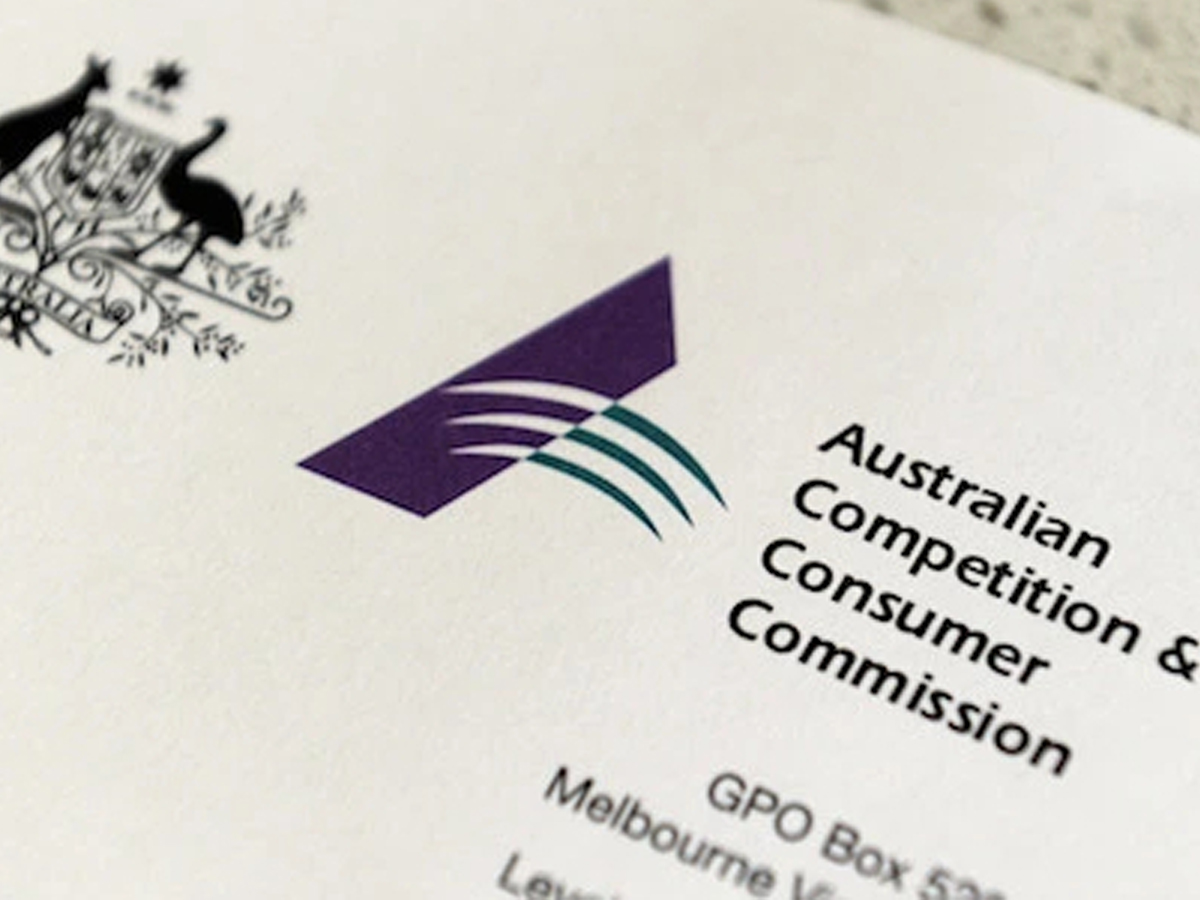The act of greenwashing, when a business makes misleading, vague or unwarranted environmental or sustainability claims, is a widespread problem that erodes trust and undermines real sustainability efforts.
The issue has been in the sights of Australia’s regulators for years, but the vast majority of culpable businesses have yet to face any real penalties.
However, it looks like regulators are now starting to get serious about misleading environmental claims.
In a bid to stamp out greenwashing, the Australian Competition and Consumer Commission (ACCC) has published draft guidance outlining the obligations of businesses when making environmental and sustainability claims.
The draft guidelines propose eight principles that make clear what the ACCC considers to be good practice when making such claims.
Essentially, they require businesses to back up any vague or unclear environmental claims, like “environmentally friendly”, “green”, or “sustainable”, with reliable scientific reports, transparent supply chain information, reputable third-party certification, or other evidence.
The competition watchdog says the guidelines will help businesses provide clear, accurate and trustworthy information about their environmental performance as consumers increasingly consider the environmental impacts of their decisions.
ACCC deputy chair, Catriona Lowe, said: “Consumers are now, more than ever, making purchasing decisions on environmental grounds. Unfortunately, it appears that rather than making legitimate changes to their practices and procedures, some businesses are relying on false or misleading claims.”
This view, and the updated draft guidelines, follow an ACCC survey of almost 250 businesses or brands across eight sectors last October found more than half had promoted “concerning claims about their environmental credentials”. The misleading statements ranged from overstating climate action to developing their own certification schemes.
Lowe said “overreach” is the most common cause of concern, with companies and brands effectively “doing 5 per cent but claiming 95 per cent” on environmental claims.
Corporate regulator, the Australian Securities and Investments Commission (ASIC), is also stepping up action against greenwashing.
Earlier this year, ASIC launched proceedings against Mercer Superannuation, alleging it misled members of its Sustainable Plus fund.
The fund was promoted as excluding investments in “companies involved in carbon-intensive fossil fuels”, alcohol production and gambling. Yet it was invested in nearly 50 oil, coal, beer and wine, and gambling companies, including Whitehaven Coal, AGL, BHP, Treasury Wine Estates, Crown Resorts and Tabcorp.
Then, in its second major greenwashing case so far this year, ASIC this week launched a case against Vanguard, claiming its $1 billion-plus ethical bond product misled investors about the sustainability of its assets, knowing that
ethical funds were import to a broad set of investors.
The regulator anticipates more enforcement actions from active ongoing greenwashing investigations.
Click the following link to find full ACCC draft guidelines: Environmental and sustainability claims – Draft guidance for business.
Consultation on the draft guidelines will run until 15 September. Once the guidelines are finalised, the ACCC intends to develop sector and issue-specific guidance.

